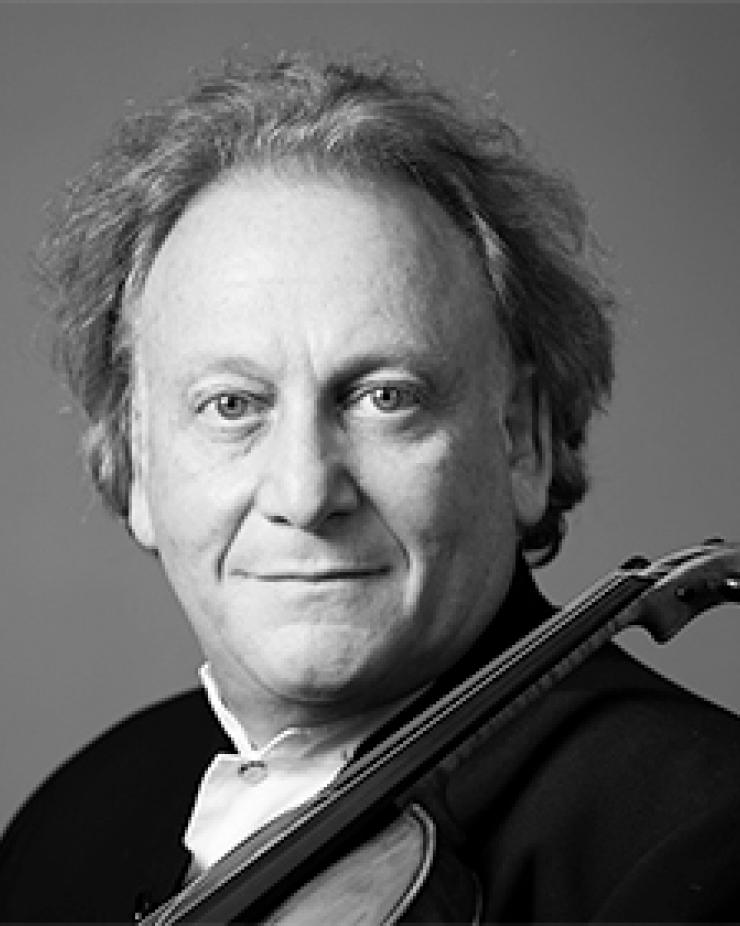Day 7 : Eros and Thanatos, Musical images to accompany love and loss
Text & Narration in Italian: Elena Biggi, Musicologist - Roberto Prosseda, Piano -
Michael Guttman, Violin
- Wolfgang Amadeus Mozart – Sonata for Piano and Violin No. 21 in E minor (K. 304/300c)
- Ludwig van Beethoven – Violin Sonata No. 9 in A major “Kreutzer”
"Anyone who loves music knows that it can cause inexplicable emotions. For the composers who conceived it, as for today's users, it performs the same task as dreams and fairy tales, from which each child draws meaning according to his interests and needs of the moment. Rational recognition of the emotions that music arouses is perhaps one way in which we can begin to govern them.
The Sonata for violin and piano No. 9 in A major op. 47 "a Kreutzer", composed by Beethoven between 1802 and 1803, becomes the reason why in the homonymous novel in 1889 Lev Tolstoj imagines that the protagonist is influenced by this music to the point of killing his wife out of jealousy.
The Sonata in E minor K.304, composed by twenty-two-year-old Mozart in Paris, on the occasion of the sudden death of his mother, surprisingly corresponds to the four phases of mourning, as they have been identified by modern psychology."
Two acclaimed artists, the violinist Michael Guttman and the pianist Roberto Prosseda, with the reflections of Elena Biggi Parodi will reveal phrase by phrase what music communicates, realizing a journey in a metaphorical sense, an inner path that leads us to places of the self, before unexplored.







